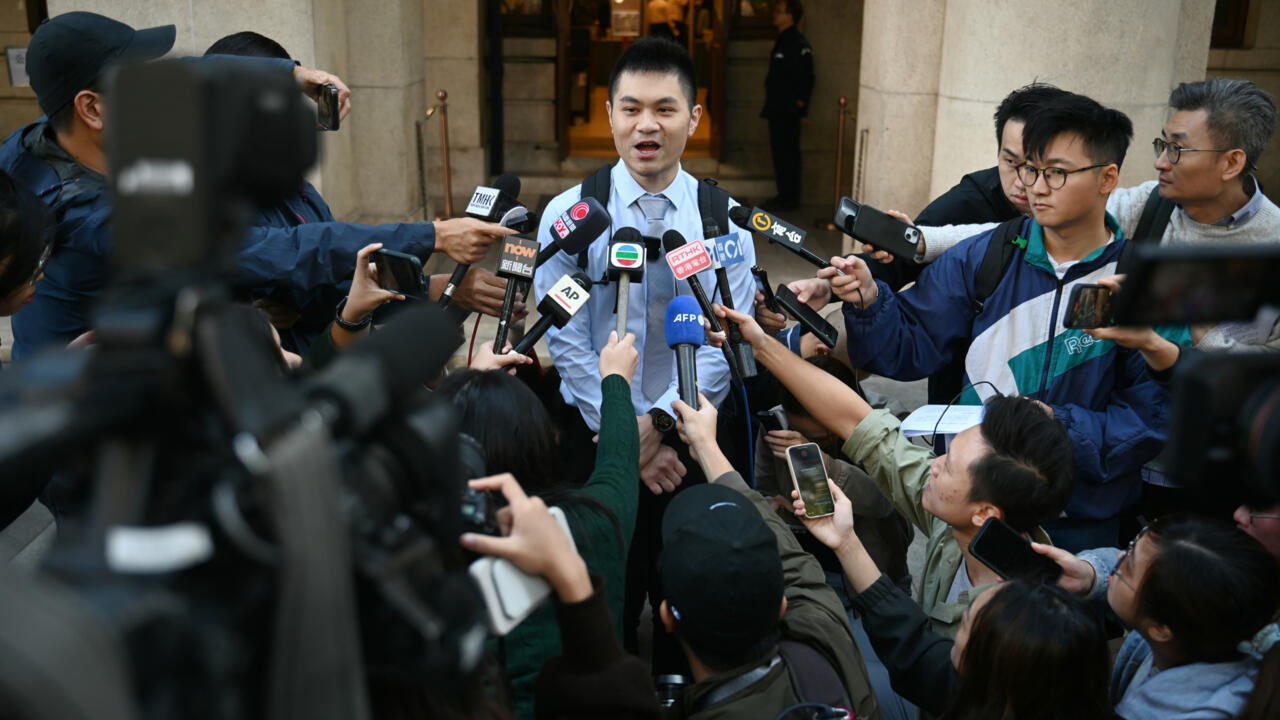cross-posted from: https://feddit.org/post/5105313
The decision comes after a landmark 2023 ruling by the same court shut the door on legalising same-sex marriage, but gave the government two years to set up an “alternative legal framework” to safeguard rights for such couples.
Tuesday marked the end of a six-year legal battle after resident Nick Infinger took the government to court when he and his partner were excluded from public rental housing on the grounds they were not an “ordinary family”.
The case was later heard together with that of Henry Li and his late husband, Edgar Ng, who challenged government policies on subsidised housing and inheritance rules that barred same-sex couples.
[…]
Chief judge Andrew Cheung said policies that excluded same-sex couples from public rental flats and subsidised flats sold under the city’s Home Ownership Scheme “cannot be justified”.
“(For) needy same-sex married couples who cannot afford private rental accommodation, the (government’s) exclusionary policy could well mean depriving them of any realistic opportunity of sharing family life under the same roof at all,” Cheung added.
[…]
On the issue of inheritance, judges Joseph Fok and Roberto Ribeiro wrote that existing rules were “discriminatory and unconstitutional”, adding that authorities had “failed to justify the differential treatment” of same-sex couples.
[…]
Wonderful to see!
Yeah, and hats off to the judges.
grim in mainland China (who I guess have the goal of absorbing hong-kong into themselves? x__x
Same-sex marriage is not legal, and there are no legal frameworks to recognize same-sex partnerships. LGBTQ+ couples have no rights to shared housing, inheritance, or adoption, as Chinese law does not recognize their unions. Government Stance:
The Chinese government is generally conservative on LGBTQ+ issues and has tightened restrictions on LGBTQ+ advocacy and visibility in recent years, such as censoring LGBTQ+ content online and in media. Judicial Path: China’s judiciary is closely aligned with the government, limiting opportunities for legal challenges to discriminatory laws or policies.
Social Environment: While public attitudes are slowly becoming more accepting, social conservatism and governmental restrictions limit the visibility and advocacy of LGBTQ+




